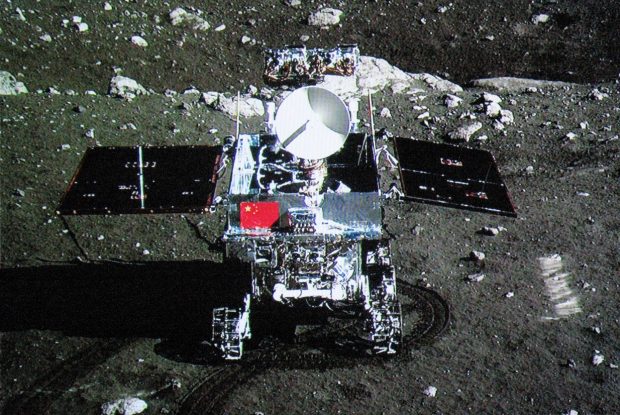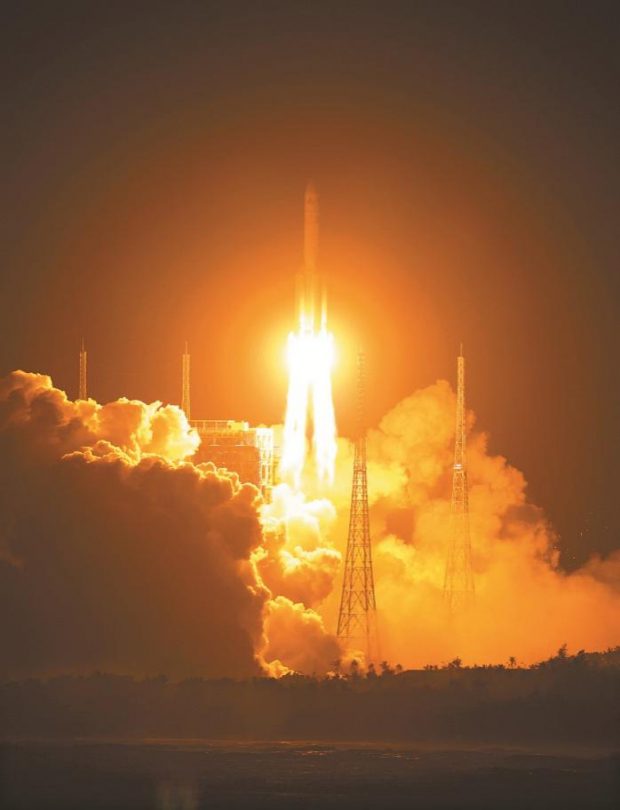
China to send Chang’e-5 lunar probe into space in 2017

By Meng Xiangfu and Feng Hua from People’s Daily
China is expected to send lunar probe Chang’e-5 to land on the moon and return with lunar samples within this year, according to the latest information from the country’s State Administration of Science, Technology and Industry for National Defence.
The preparation is underway smoothly, and the craft is expected to be on standby in August, said Hu Hao, chief designer of the China’s Lunar Exploration Program’s sample return phase, adding that the probe is now under tests after the final assembly.
“The launch is one of China’s most complicated and difficult space missions,” Hu told the People’s Daily, explaining that the program’s third phase will be more difficult as many breakthroughs must be made in key technologies.

For instance, techniques like moon surface takeoff, sampling encapsulation, rendezvous and docking in lunar orbit and high-speed earth reentry are all new challenges to the country, he added.
The launch of Chang’e-5 is a crucial step for China’s three-step lunar exploration mission. According to the schedule, the Chang’e-1 launched in October 2007 aimed to achieve a desired orbit around the moon, while the second-phased mission, fulfilled by Chang’e-2 and 3, was designed to make soft-landing on the moon and accurately survey the landforms at the landing site. The task in phase 3 is to automatically take back lunar samples.
Chang’e-5 is tasked to complete the last step of the three phases — sampling on the moon surface and return to the earth with the samples.
According to Hu, the craft will stay in the space for about a month, with its flight divided into 11 phases including launching, earth-moon trajectory, final braking, circular orbit around the moon, landing, sampling, ascending, rendezvous and docking, sample transfer, round-trip, moon-earth transition, reentry and recovery.
Chang’e-5, Hu said, is comprised of five major systems including probe, carrier rocket, launching site, controlling and recovery. The probe will be launched by Long March-5 carrier rocket at Wenchang Satellite Launch Center in South China’s Hainan island, he added.


